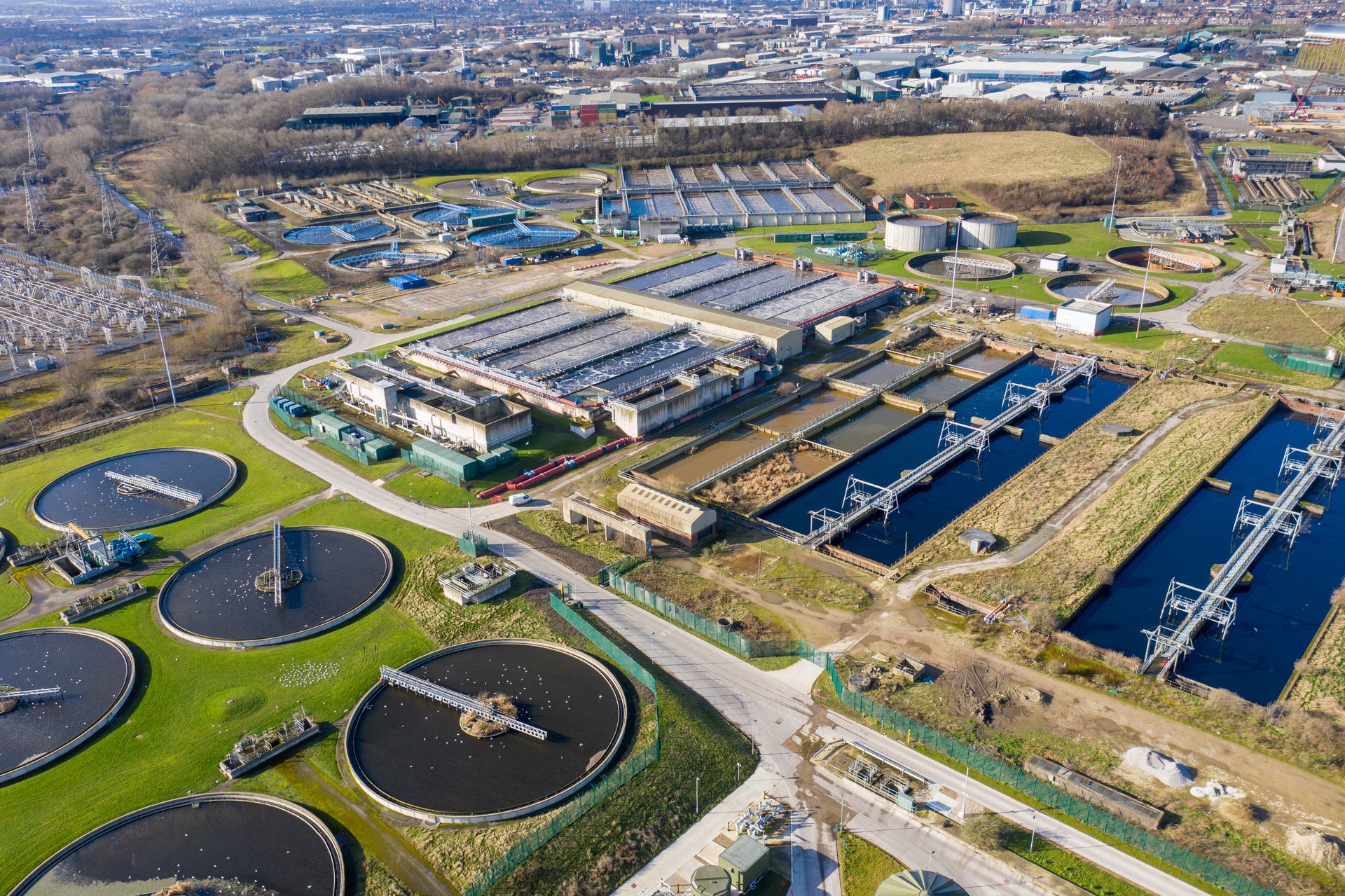From crisis to commitment, where the Commission must take us next
Over the past month, WaterMatters has followed the findings of the Independent Commission on the Future of Water in Britain. From crumbling infrastructure to regulatory failure, from environmental degradation to inequality and injustice, the message has been consistent and damning.

Our articles , A Reckoning for Water, Pipes, Plants and Pollution, Drought, Deluge and Denial, The Trust Deficit, and more, have shone a light on a system that has drifted far from the public good. Water, the most fundamental of resources, has become a vehicle for shareholder return and short-term politics, rather than a cornerstone of environmental and social resilience.
But this final piece in the series is not just a summation of what has gone wrong. It is a blueprint for the road ahead.
What the Commission exposed, and what it demands
Each article in this series uncovered different elements of the crisis:
A Reckoning for Water revealed how privatisation, once sold as a solution, has instead allowed £85 billion in dividends to drain from the system, while leaks, pollution, and underinvestment have worsened.
Regulators on Trial highlighted how Ofwat and Defra, intended to protect the public and the environment, have been slow to act, conflicted in mandate, and ultimately outpaced by a changing climate.
Follow the Money examined the financial incentives at play, showing how complex ownership structures and opaque governance have blurred accountability and prioritised returns over resilience.
Water Justice brought the human impact into focus, exposing how the poorest pay more, face greater environmental risk, and are least likely to have a voice in shaping policy.
Turning the Tide offered a glimpse of hope, documenting how local communities and volunteers can revive polluted rivers and take ownership of their water future.
Together, these articles formed a mosaic of institutional failure. But they also revealed the outlines of a better, fairer system.
The five pillars of the path forward
If there is to be change, it must be ambitious but grounded. The Commission’s final recommendations, reinforced by this series, suggest five foundational reforms:
1. Rebuild trust through transparency and public participation
As shown in The Trust Deficit, people feel locked out of decisions that affect their lives. Real-time data on pollution and performance, stronger consumer representation, and the creation of a national Water Assembly would begin to put power back in public hands.
2. Shift from extraction to stewardship
The era of profit-first water management must end. As Water Justice argued, social tariffs, pollution-linked penalties, and environmental reinvestment must be mandated. Companies should only issue dividends after meeting strict public service and ecological standards.
3. Strengthen regulation by redesign, not just reform
Regulators on Trial made clear that Ofwat’s financial mandate must be balanced with climate resilience and environmental recovery. A consolidated, independent Water Stewardship Authority could replace today’s fragmented oversight with something stronger, clearer, and fairer.
4. Invest in infrastructure with long-term vision
From Pipes, Plants and Pollution to Drought, Deluge and Denial, the picture was clear: infrastructure has decayed. The Commission recommends a 25-year investment strategy with climate resilience at its core. Leakage targets, nature-based drainage, and smart metering must be scaled up.
5. Centre water in the UK’s climate and social policy
Water is not just a utility. It underpins food security, public health, biodiversity, and economic stability. Yet, as Nature-Based Justice showed, green solutions can displace communities if not done inclusively. Water policy must now align with national climate targets, just transition principles, and local empowerment.

What happens next?
The Commission has done its work. So have campaigners, journalists, whistleblowers, and communities who have pushed this crisis into the public eye. But real change requires political will.
The next Parliament must adopt water reform as a legislative priority. If it fails to act, the costs, in floods, droughts, public discontent, and ecological collapse, will be far greater than the price of reform.
Yet this is also a moment of opportunity. The public is engaged. Alternatives exist. Scotland’s public model, hybrid ownership in parts of Europe, and community-led catchment schemes all show that there are different ways to manage water, ways that serve the many, not the few.
Why the road ahead matters
This article closes a series, but it opens a conversation. Water is not just an environmental issue. It is a social justice issue. It is a democratic issue. It is a test of whether we can govern for the future, not just the next quarter.
We have seen the consequences of delay and denial. Now we must see the results of determination.
The road ahead is not smooth. But it is visible. It leads toward fairness, resilience, and regeneration, if we choose to take it.




